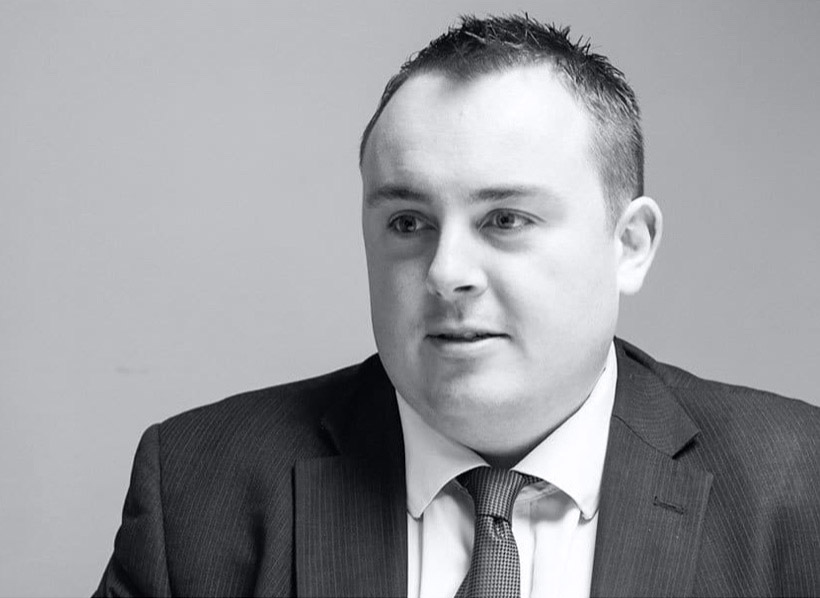Business Debt Recovery Solicitors
-
98 %queries receive a response in under an hour
-
£ 200 m+assets litigated over in the last 12 months
-
330 +5* reviews on Google
-
500 +cases handled in the last 2 years
Sometimes businesses will have to deal with companies that fail to pay their invoices. These companies may ignore all attempts at debt recovery. Unpaid invoices can have a serious impact on your cash flow. Sometimes, requests for payment fail to produce results. In those scenarios, legal action becomes necessary. This is where experienced debt collection solicitors can help. The Late Payment of Commercial Debts (Interest) Act 1998 protects your business. It gives you the right as a creditor to recover compensation, interest and cost for unpaid debts. In addition, it discourages delinquent payments. Your company has a right to collection of the money owed, interest, compensation and costs. If your customer has not paid invoices, you can take legal action.
For payment recovery, speak with our debt recovery solicitors at Helix Law. It can be a single invoice. Or, it can be a business with a history of unpaid invoices.
The Process for Collection of Debts you are Owed
When your clients have unpaid debts, a debt lawyer can intervene. At Helix Law, our solicitors follow the guidelines set out in the Pre Action Protocol for Debt Recovery and other rules and protocols required by the Civil Procedure Rules (CPR). These ensure that you have met all legal requirements. These protocols and procedures then set a schedule for recovery of your due payment.
First, we will liaise between your business and the indebted party. Debt solicitors will contact the debtors on your behalf. Many people will pay their invoices when they receive a solicitor’s letter. An official telephone call from solicitors can also be the pressure they need. However, sometimes, debtors may challenge these claims. Sometimes the letters and calls may go unanswered.
If these requests fail to result in collection of the amount owed, we will take further action. This can involve checking the credit of the debtor. A credit check evaluates their ability to pay. Also, we will make additional attempts at contact and recovery.
If our solicitors can reach them, we will work with the indebted party. We will help your two businesses to formulate payment plans for full recovery of the amount owed. A settlement plan is often the best course of action for all involved. It allows both parties to avoid costly legal fees and court appearances. Otherwise, we can come up with a recovery solution that suits you both.
Outstanding Reviews from Real Business People

























Legal Steps Toward Debt Recovery
Requests for discussion or negotiation may fail. In such cases, debt recovery solicitors can take further measures. One solution used by some debt collectors is serving a statutory demand. Statutory demands are serious. They are the first step toward serving a winding-up or bankruptcy petition upon the other party. It can lead to liquidation or bankruptcy for the debtor. However, statutory demands are only appropriate where the debt is not disputed – getting this wrong can lead you into costly mistakes. If you are considering a statutory demand then read this article on statutory demands first.
A statutory demand requires a response. Usually, the window of time is within three weeks from the date served. This is the first step toward forcing a business into liquidation or an individual into bankruptcy over an unpaid debt. However, a demand ending in liquidation or bankruptcy is not ideal for your business. Bankruptcy means it is likely that the debtor will not be able to pay all or any amount of the sum owed.
Sometimes debtors enter into a CVA to avoid insolvency proceedings. A CVA sets up a monthly payment plan between the debtors and all creditors as long as 75% of the creditors agree to it. A CVA lasts until the business has cleared their debt. Ultimately, a statutory demand doesn’t have to end in insolvency or in court. However, it will necessitate action from an unresponsive debtor. Great care should be taken with statutory demands.
Debt collection solicitors can pursue other enforcement methods. One solution is to require the indebted party to appear in court by issuing a county court claim. If you obtain a Judgment, a debt lawyer can also help you apply for a Third Party Debt Order. If the debtor has assets, our solicitors can apply for a charging order to secure the Judgment against those assets – usually a property. Applying for an attachment to earnings order may be a good option for recovery of the amount owed, if you know who the debtor’s employer is.
Why Choose Debt Solicitors over Collection Firms?
Debt recovery can be a complex process. Our solicitors will work with you to find the right solution for your unique case. Debt recovery companies cannot offer the whole service. If their demands don’t work they will usually refer you to a solicitor for court action. If you use Helix Law we take the debt from start to finish, making recovery faster and more cost effective.
At Helix Law, our debt recovery solicitors will help you get back the money you’re owed. As debt lawyers, we can offer a wider range of options than debt recovery firms.
Often, debt recovery firms cannot handle the complex legal situations of collection. As outlined above, the recovery process is often quite complicated but debt collection solicitors can manage the intricate legal processes. It requires clear communication between all parties. In addition, it involves tracking down debtors. Sometimes it is necessary to file applications and petitions at court. Debtors can challenge these collection claims. This can happen even when you are in the right.
Debt recovery firms cannot always pursue all legal actions to combat these claims. However, a debt lawyer can. Our team of debt solicitors at Helix Law has years of experience. We have the legal authority to effectively navigate this process. Above all else, we keep in mind your company’s financial situation.
Call for No-Obligation Advice Today
If you or your business have unpaid debts, call Helix Law today. Our debt recovery solicitors can offer no-obligation advice. We work with you to structure fees and payments if possible. Together, we will find a solution.
Key Contacts


Related FAQs
Related Experience
Outstanding Reviews from Real Business People

























Contact us
People frequently tell us that we’re approachable and offer great advice.
They also tell us most solicitors are hard to get hold of whereas we’re happy to listen. The reason for this is that we value long term relationships and we’re happy to speak with business people, to invest our time in understanding your business and whatever your concerns are. Only at that point can we understand whether we’re the right people to help you.